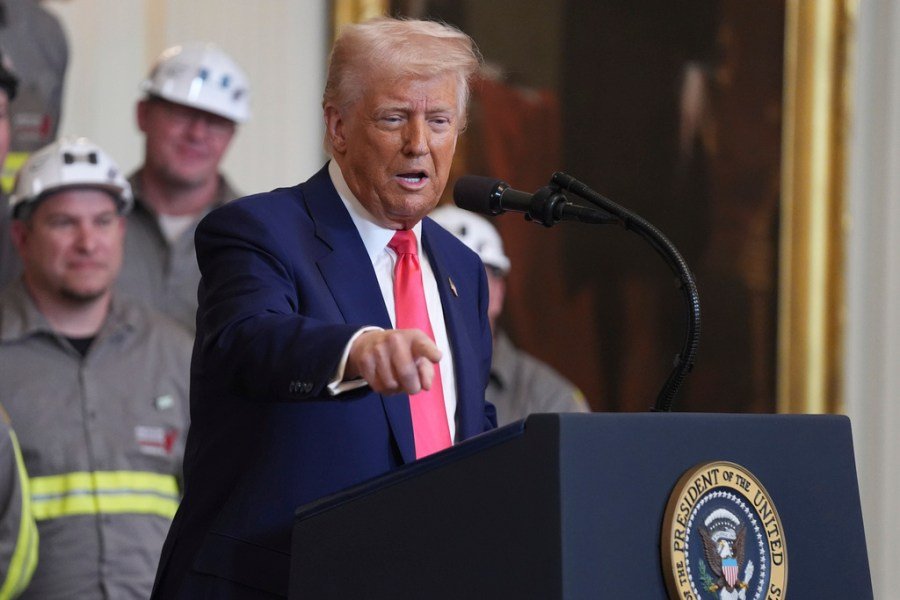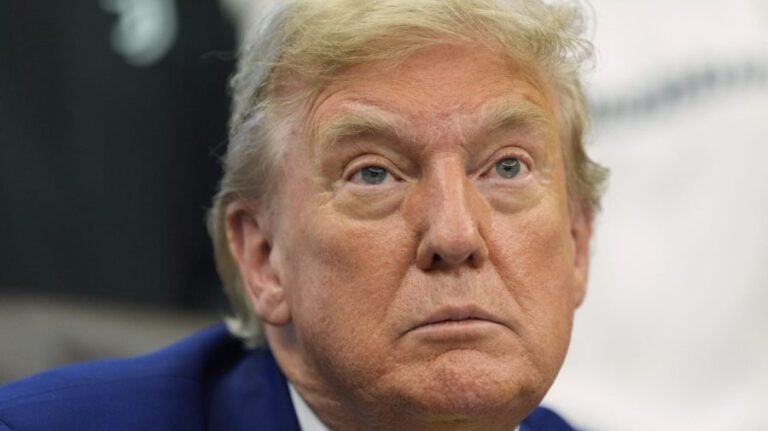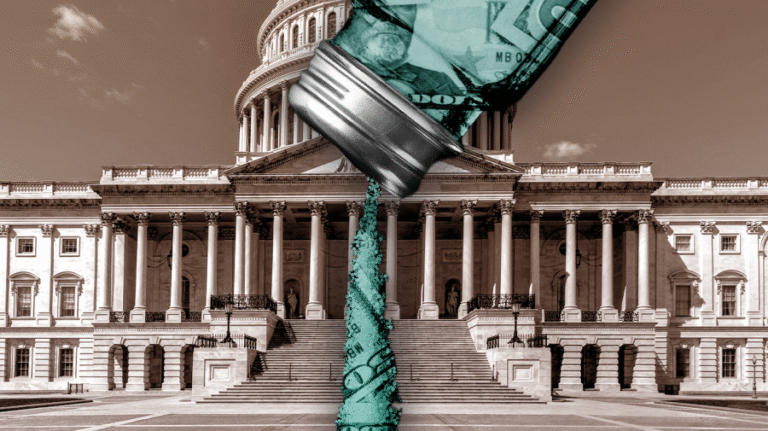
Markets hate uncertainty — or at least, that is what experts have been pointing to as one explanation for the recent carnage on Wall Street.
Ordinarily, that’s not a very satisfying explanation. Markets are nothing more than amalgamations of millions of people, and people do unpredictable things. They are motivated by self-interest, fear, greed, bad information, exuberance, caution, optimism, and rumor. So markets are, by their very nature, uncertain.
It strikes me that today’s “uncertainty” with the tariff program is of a different sort, however.
Imagine you were an American textile manufacturer. You have been getting killed for years by cheap imports from Vietnam. Indeed, in 2022, we imported about $30 billion worth of textiles (including “footwear and headgear”) from that country.
But last week, on “Liberation Day,” you watched as President Trump slapped a 46 percent tariff on those products. That might just provide you the competitive edge that would encourage you to expand your U.S. production. Indeed, as the president himself noted, it seemed that rebuilding the industrial base was what this was all about. As he put it, “Jobs and factories will come roaring back into our country … We will supercharge our domestic industrial base.”
But while you are busy looking for abandoned textile mills in the U.S. to reopen, Trump wrote on social media just two days later, he had “a very productive call with To Lam, General Secretary of the Communist Party of Vietnam, who told me that Vietnam wants to cut their Tariffs down to ZERO if they are able to make an agreement with the U.S. I thanked him on behalf of our Country, and said I look forward to a meeting in the near future.”
And now you are stuck. Are Trump’s tariffs part of a plan to rework international trade deals so that they are fairer and more beneficial to the U.S.? Or are they part of a plan to rebuild America’s manufacturing base?
Trump’s team hasn’t been especially helpful in answering this question. Earlier this week Peter Navarro, the White House Senior Adviser for Trade, declared that there are to be no negotiations as part of the current tariff debate. Shortly afterward, Treasury Secretary Scott Bessent said the exact opposite.
Navarro has even contradicted himself. In an interview on CNBC, he declared on Monday that Vietnam’s offer of zero tariffs “wasn’t enough.” That makes it sound like the tariffs are here to stay.
However, Navarro muddied the water in the very next sentence: “It’s the non-tariff cheating that matters.”
Navarro is correct on one level: zero tariffs are meaningless if it takes six months to get a container through customs. But what Navarro probably missed is that his comment essentially implies that the tariffs could go away if the non-tariff barriers are resolved.
All of which leaves our textile industrialist lost. It will take money to build a new plant, and just as importantly, time. If the plan is for the tariffs to be permanent, there might be enough time to get a new plant up and running and get products to market. But if the tariffs are just leverage for a larger discussion about trade, then it’s hard to pull the trigger on that new investment.
After all, it’s hard to imagine a worse scenario than spending the time and money to open a new factory, only to have tariffs against Vietnam go to zero right before it opens. If Trump cuts a deal with the Vietnamese, that new factory could turn into a career-ending white elephant in a hurry.
The White House seems to want the tariffs to do two things: encourage a renaissance in American manufacturing, and help achieve fair terms with our trading partners. To be clear: both of those are admirable goals. Achieving either would count as a tremendous win for the country, and for the Trump administration.
That said, it’s hard to imagine how you can have both.
The White House would remind all of us — including our hypothetical textile manufacturer — to not lose sight of the other things they are doing to help boost the economy. They are deregulating, freeing up our energy resources and working on a pro-growth tax plan. And all of those parts of the Trump agenda point solidly to growth and opportunity.
But that doesn’t solve the problem of the tariff uncertainty, and doesn’t help our would-be textile manufacturer friend.
Mick Mulvaney, a former congressman from South Carolina, is a contributor to NewsNation. He served as director of the Office of Management and Budget, acting director of the Consumer Financial Protection Bureau and White House chief of staff under President Donald Trump.


